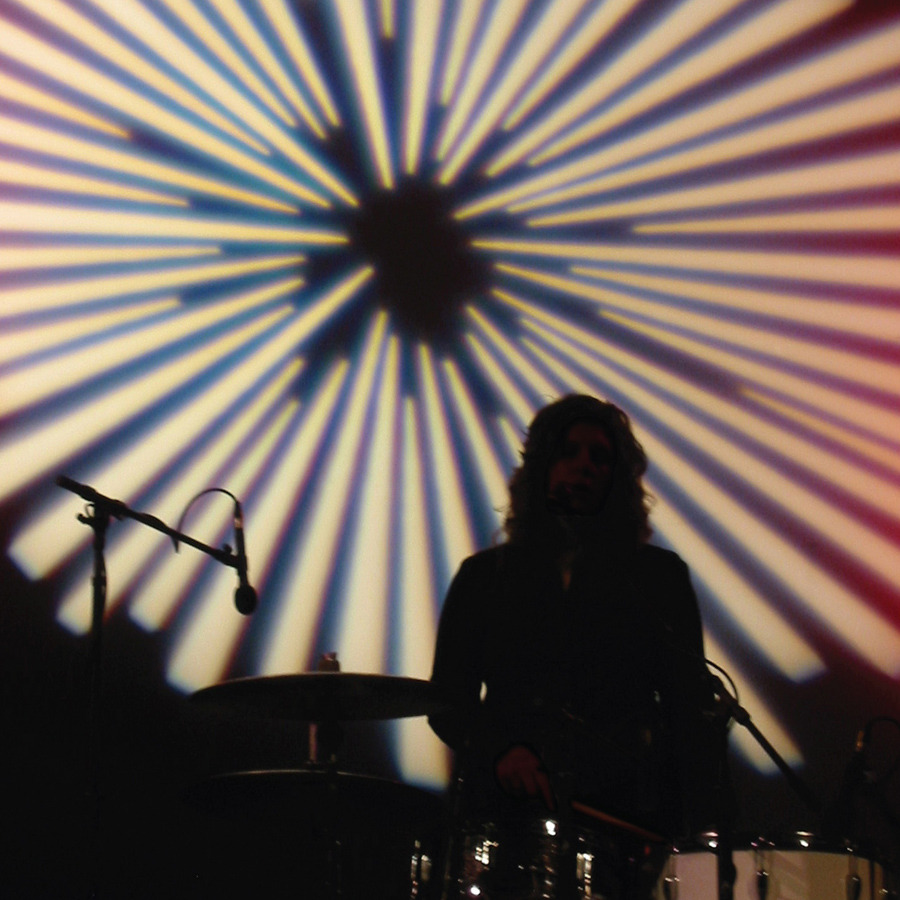Mimi
Remembering Mimi Parker

On October 17, 2001, Low played a show in the sanctuary of the First Unitarian Church in Philadelphia. Underground bands had been playing the church’s basement for years, but this was the first time anyone had ascended to the main room, and even in a secular music scene, the milestone seemed to take on a sacred significance. I didn’t go to the show, but it put Low on my radar, and after listening to Things We Lost in the Fire over and over again on a 12-hour drive to Chicago a few months later, I never skipped a Low show again.
I saw them play for the 17th time back in March, not knowing it would be my last. Mimi Parker, who formed Low’s core duo with her husband Alan Sparhawk, passed away on Saturday. I knew she had been fighting cancer, and the band’s recent cancellation of tour dates made clear that the situation was getting serious, but the news still hit me like a truck. I wasn’t ready to say goodbye. I’m still not. But since her funeral is today, I’m going to try to bid her farewell by putting some inevitably imperfect words around what she meant to me.
Low’s nearly 30 years of songcraft encompassed many sounds and ideas, but they may be best known for doing a lot with a little. As someone with an appreciation for minimalism and a curiosity about good ideas taken to extremes, the spare arrangements and impossibly slow tempos of the band’s early work were bound to catch my ear. But the form is only as strong as its content, and that’s where my affection gets fuzzier. There’s certainly a rare and wonderful alchemy at work in the enigmatic lyrics and the grayscale compositions accented with quiet blooms of color. But crucially, like a site-specific installation, Low’s art is not easily appropriated; its words and melodies are not a mere recipe. I don’t think I’ve ever heard anyone perform a cover of a Low song that had even a fraction of the power of the original. In some ineffable way, the musicians who made the music are the music.
That doesn’t mean the band was selfish, just that they were singular. And Mimi’s inimitable contributions were perhaps the most pronounced, to the extent that a manner as unassuming as hers can be described that way. Her voice’s intrinsic gravitas may have superficially suited the “sadcore” label that was often applied to Low, but she also proved that label reductive. Her performances’ aching beauty was animated by contradictions: it was both despairing and reassuring, simultaneously embodying a chill and a warmth. How did she do that? After 20 years and thousands of listens, it still reliably gives me goosebumps.
Listen to “Coattails” to hear what she could do with just four words and a single note:
Listen to the soft crescendo in “Will the Night” to hear her harmony with Alan approaching divinity:
I’ve been referring here to Mimi in the past tense for the sake of helping me let go, but the present tense is arguably more appropriate. On “In Metal,” one of the first songs to make me take notice all those years ago, Mimi sings wistfully about her daughter’s waning infancy:
Partly hate to see you grow
And just like your baby shoes
Wish I could keep your little body
In metal
The song laments change and loss and the passage of time much as my mourning Mimi’s passing does. But it reminds me that, like those bronzed baby shoes, she’s still with us. Maybe not in metal, but in vinyl and film and magnetic tape and binary data, her compassionate voice and gentle drums echo on.